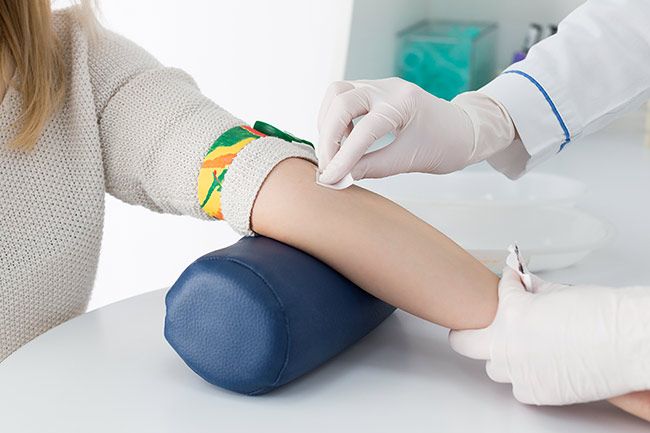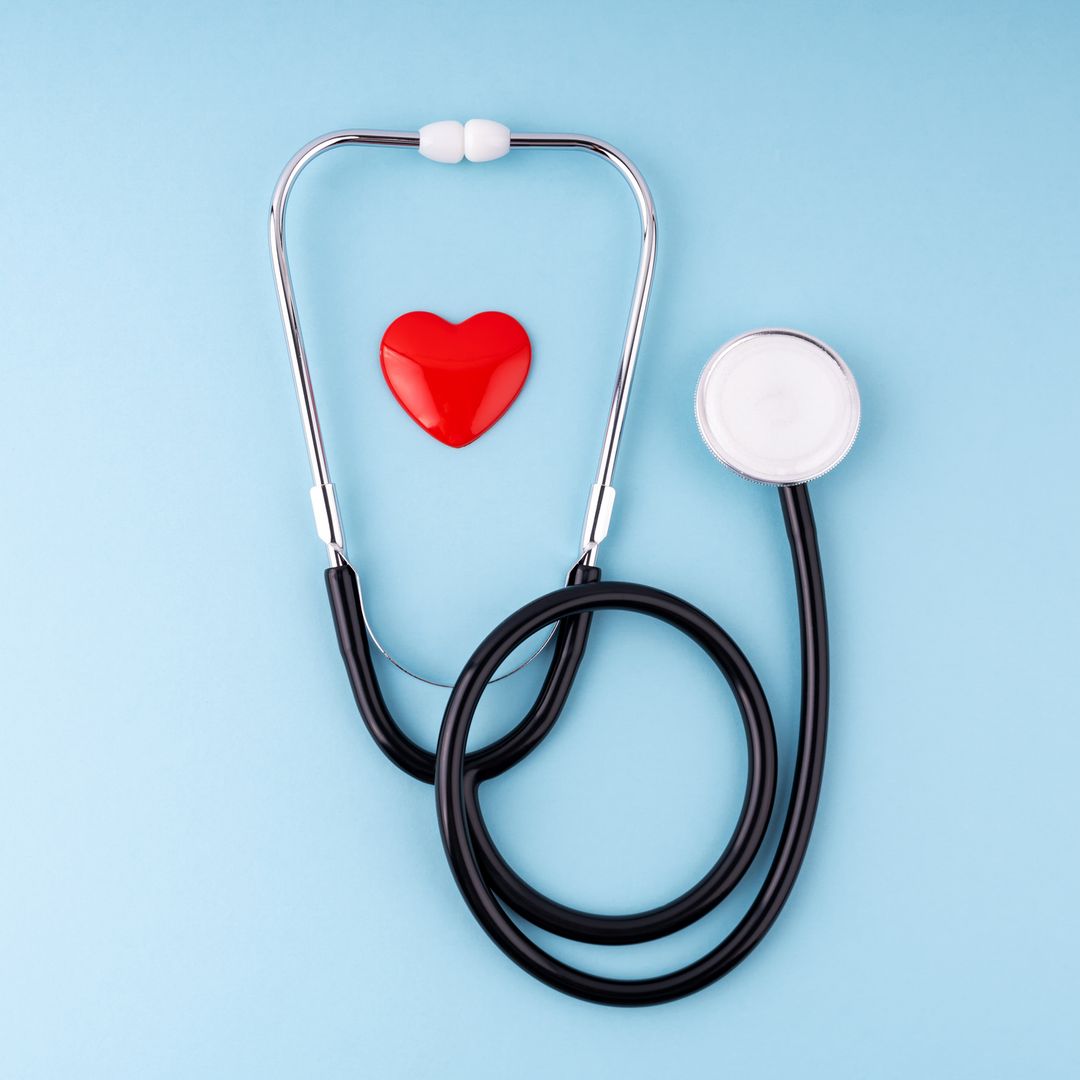Blood cancer is the fifth most common type of cancer and third biggest cancer killer in the UK, yet it can still often go undiagnosed when patients visit their doctors with the initial symptoms. Sky Sports presenter Simon Thomas is now campaigning to raise awareness of the disease following the death of his wife Gemma, who passed away just four days after she was diagnosed with acute myeloid leukaemia in November.
Sharing a tweet from cancer charity Bloodwise, Simon told his followers: "Acute Myeloid Leukaemia took my wife Gemma and Ethan's mum just before Christmas aged only 40 years and just three days after being diagnosed. This is so important." He added: "Three times my wife Gemma went to the doctor in six days and three times she was sent home and told to rest. Four days after her final visit to her GP she was dead. We have to help and train our GP's and to detect #bloodcancer earlier. @bloodwise_uk is doing this. #hiddencancer."
Simon Thomas is raising awareness for blood cancer following his wife Gemma's death
MORE: See the latest health stories here
So what is blood cancer? And what are the signs and symptoms to be aware of? We've rounded up all you need to know…
What is blood cancer?
Blood cancer happens when something goes wrong with the development of your blood cells. This stops them working properly and may prevent your blood from doing what it normally does to keep you healthy, like fighting off infections or helping to repair your body.
What are the types of blood cancer?
The main types of blood cancer are leukaemia, lymphoma and myeloma, and there are several different cancers within each one. Each specific type will affect a particular type of blood cell and will have different symptoms, treatment or prognosis.
What are the symptoms of blood cancer?
Each specific type of blood cancer will have different symptoms, but there are lots of common symptoms such as:
- Extreme tiredness
- Repeated infections
- Unexplained weight loss
- Easy bruising and/or bleeding
- Drenching night sweats
- Itchy skin
- Lumps or swelling in your neck, head, groin or stomach
- Bone and/or joint pain
STORY: Simon Thomas thanks fans for support after wife's death
How is blood cancer diagnosed?
Many blood cancer symptoms are shared with illnesses like colds and flu – for example tiredness, fever or an infection. Lumps are a common symptom of lymphoma, but other, less serious illnesses also cause lumps. Because of this, see your doctor if you have symptoms or groups of symptoms that you think are unusual for you, or last for longer than normal.
The most common types of tests for blood cancer are blood tests and biopsies, but the tests you have will depend on your symptoms and what type of blood cancer is suspected.
What is the treatment for blood cancer?
The treatment you receive will depend on the type of blood cancer you have, but may include chemotherapy, stem cell transplant or taking drugs that encourage your immune system to fight cancerous cells.
This content is not intended to be a substitute for professional advice. Visit your GP with any questions you have regarding a medical condition.










